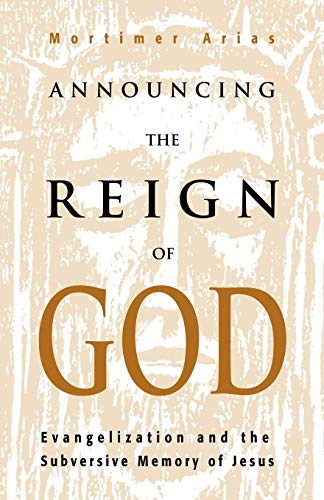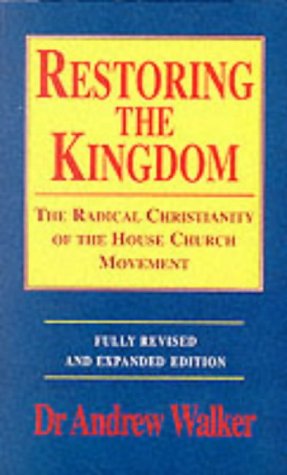The Gift of Prophecy in 1 Corinthians
Written by Wayne A. Grudem Reviewed By James J. StamoolisDr Grudem’s well researched work was first produced as a doctoral dissertation for the University of Cambridge. Instead of being an abridgment or adaptation of that work, the book is actually longer, with two additional sections. Grudem’s purpose is to examine the nature of prophecy; his outline and progression of argument are superb.
Chapter One deals with the question of the authority of prophecy. It is the longest (with 112 pp.) of the four chapters in the book, but over two-thirds of the chapter is given over to discussing the nature of prophetic authority apart from 1 Corinthians, including the OT. One particular point of importance is the distinction Grudem notes between a divine authority which encompasses the exact words of the prophecy or one which is authoritative in general content only. In the former, the prophet speaks God’s words; in the latter he uses his own words to convey God’s intent. Presumably, according to Grudem, the hearers would allow for a lesser degree of accuracy on the details in the case of the prophet using his own words since it would be the general import of the message that would be of greatest consequence. This is actually the key concept in the book since it allows for prophecy whose inspiration is from God but which is not dictated to the prophet by God. This is the type of prophecy Grudem understands to be occurring in Corinth, and he exegetes the instructions for church order during the giving of these prophecies. Grudem finds other examples of this type of prophecy in Acts 19:6; 21:4, 10–11. This reviewer found the extended exegetical discussion on what the themelios of Eph. 2:20 referred to interesting. Grudem comes to the conclusion that the text means ‘built upon the foundation of the apostles who are also prophets’, which of course preserves the distinction and non-authoritative stance of the use of prophecy for those who are not apostles.
Chapter Two discusses the psychological state of the prophet. The discussion of 1 Cor. 14:30–33 is helpful. Reading in 14:32 the ‘spirits of the prophets’ to mean the ‘manifestations of the Holy Spirit at work in the prophets’, Grudem sees the control of the meeting in the hands of those speaking. Therefore, the prophets cannot use the excuse that they were forced to speak or could not control their utterances. Similarly, surveying other portions of the NT, Grudem comes to the conclusion that in the NT church prophets did not seem to have ecstatic experiences.
But how does this prophecy affect the church? What is its purpose? This is the subject of the third chapter. Basically the role of prophecy is to help those who hear it. Therefore, it is seen as an edifying function in the church. Grudem argues strongly that this helpful type of Christian upbringing will continue until the Lord returns. The arguments against this interpretation are dealt with, including the fact that prophecy ceased in the early church. Grudem cites Calvin to explain the lack of prophetic utterance residing in the church’s diminished capacity to receive, and not God’s inability to give.
The qualifications of the prophet are discussed in the last chapter. Grudem sees no particular office attached to the gift of prophecy in 1 Corinthians. Every believer is a potential prophet though not all prophesy. In fact, given the revelatory nature of prophecy, the prophets do not speak when they want to exercise the gift, only when they receive something to pass on. Thus prophecy is different from some of the other spiritual gifts in that the other gifts could presumably be put to use at any time. In Grudem’s discussion of the role of women, he concludes that it is proper for them to prophesy, but not to speak in evaluation of the prophecies. His reasoning is that the evaluation of prophecies indicates an exercise of ruling authority, seemingly forbidden in the text, while it is also clear from the text that they have the right to edify the congregation with prayers and prophecies.
The main thrust of the entire work is to evaluate the secondary type of prophecy with diminished authority. Grudem mentioned in his introduction that he sees it as a midway position between charismatics and anti-charismatics. Whether or not he has managed to convince diehards on either side, he has certainly done a fine piece of exegetical study and opened some possible solutions.
James J. Stamoolis







